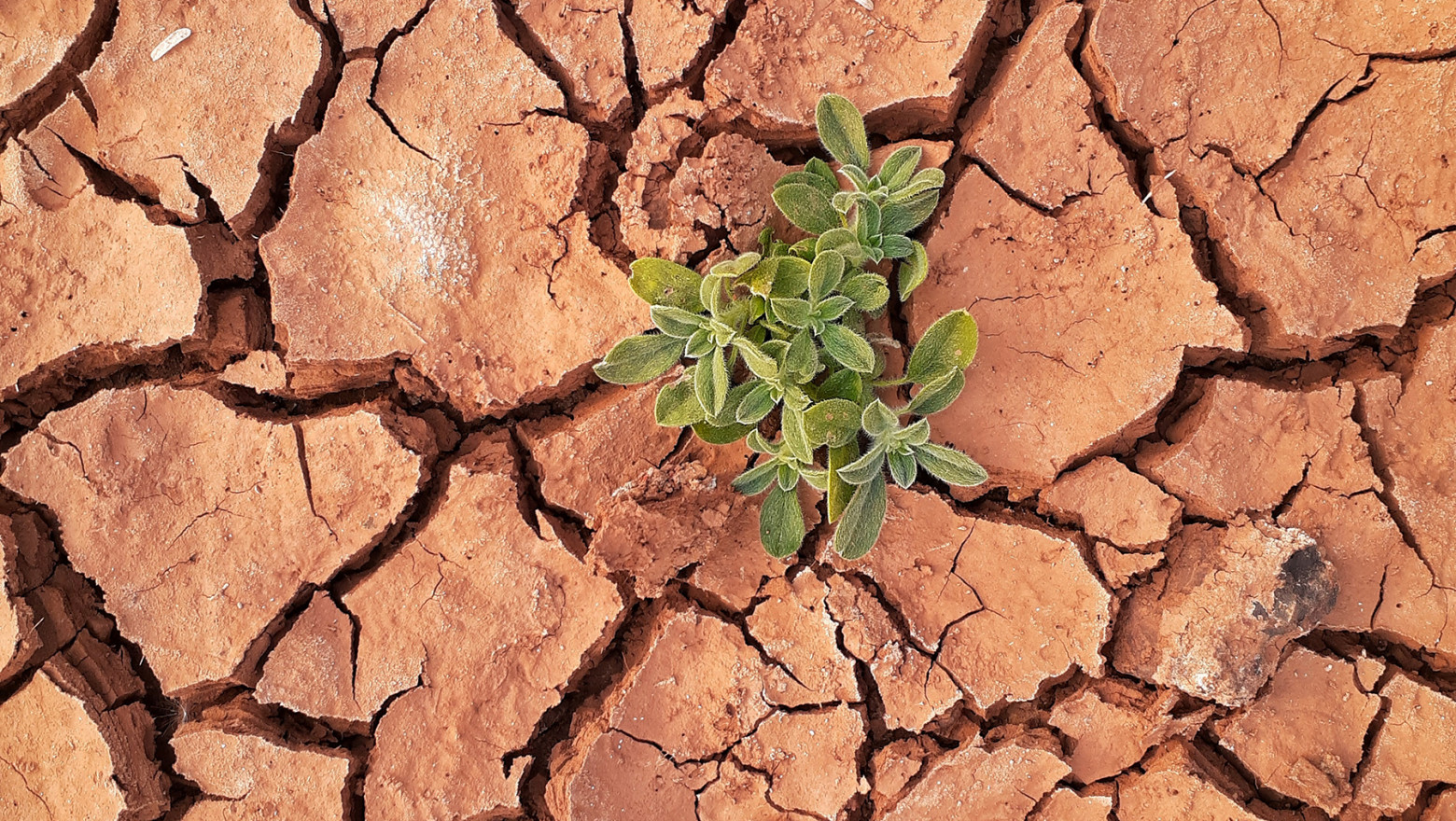
(Renzo D'souza/Unsplash)

(Renzo D'souza/Unsplash)
The nations will gather. From Australia to Zimbabwe. And some 200 countries in between. Queen Elizabeth plans to be there. So does Joe Biden. And Greta Thunberg. Organizers expect 30,000 attendees. Together, they will represent just about everyone on the planet — from Indigenous people on endangered islands to city slickers, from desert dwellers to farmers, from centenarians born last century to babies born today, many of whom will see the year 2100.
As a journalist, teacher, and founder of Planet Forward, I see the story in everything. To me, the COP26 story is a high-stakes thriller. The main character is compelling, strong, and durable but facing off against adversaries who pose a mortal threat. Weakened by constant attacks coming from all sides, often unseen, our protagonist is struggling, showing the limits of resilience.
Of course, this is not about some fictional superhero, vested with power by a quirk of fate or transformative potion. It is planet Earth, our real-world orb of life that has supported humanity’s rise in ways that were unimaginable only a short time ago. For all it has done and enabled, the planet now bears life-threatening wounds and may not survive as we know it.
This thriller could quickly become a tragedy.
The narrative that emerges from COP26 must be about action that springs from ingenuity and hope, determination and foresight, science and fact, innovation and breakthrough. Meaningful commitments to slash greenhouse gases, preserve rainforests, and protect biodiversity must be made and enforced. This is not a new storyline, but it is at a turning point. A new study published in the journal Nature Climate Change finds that at least 85% of people in the world have experienced weather events that climate change has made worse. The adversaries are gaining on us all.
Leading countries — rich ones — need to stand side by side with big developing countries like China, India, Brazil, Indonesia to declare common interests and a commitment to the future. It no longer matters who got rich or when by using which fuel. It is now in everyone’s interest to look ahead, not back.
We need to see the commitments made by 196 governments in the 2015 Paris Climate Agreement endorsed and expanded.
We need traditional interests, big business, spiritual leaders, and power brokers to speak up and sign on.
A good plot twist would be to see new alliances emerge from players who have been adversaries or enemies. Governments and major corporations — some of whom have more clout and cash flow than many of the nations in attendance — must make new and binding commitments to join forces even if that means reduced power and profit in the short term.
And we need to see young people, the inheritors of the century ahead, assert themselves, speak eloquently, and become genuine partners in action. They have the most at stake. The journal Nature cited a recent study that surveyed 10,000 16-to-25-year-olds in 10 countries and found 60% were “very” or “extremely” worried about climate change.
The stories we tell matter. They can invoke fear or hope. They can frighten or inspire. They can bring us together or tear us apart. The stories that come from Glasgow will inevitably highlight conflict and tension, setback and adversity. Most stories do. But it’s vital to find the subplots that reveal solutions, too.
The climate story will not feature a “they-all-lived-happily-ever-after” ending. The problems are too complex. But there can be a recognition that the protagonist in this story — this place that gives us the air we breathe, the food we eat, the water we drink, the vast wealth of nature and the beauty of biodiversity — is in deep trouble. So the question we confront going into Glasgow: Are we capable of harnessing the awesome ingenuity of our species to move the planet forward sustainably?
Progress is possible. It is a breathtakingly tall order, but the planetary narrative can — and must — advance.
—
Editor’s note: Please check back every day, leading up to the beginning of COP26 on Oct. 31, for new pieces from climate leaders in the Planet Forward network.